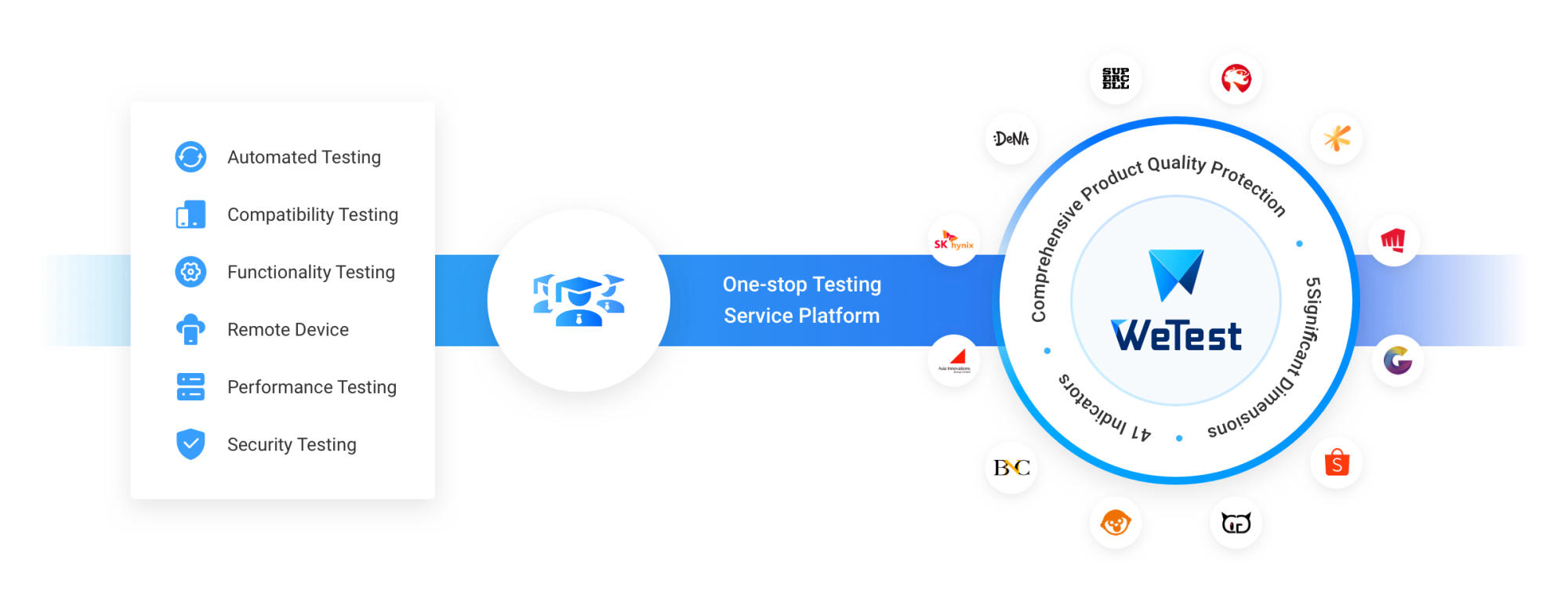Unleashing the Power of Usability Testing in Mobile App Development
Introduction:
In today's fast-paced digital world, mobile applications have become an integral part of our daily lives. However, to ensure their success, developers must prioritize usability testing. This article highlights the importance of usability testing in mobile application development and the challenges developers face in creating user-friendly experiences.
The Importance of Usability Testing in Mobile Application Development

Usability plays a crucial role in the success of any software product, whether it's a website, desktop program, or mobile application. Ensuring that users can interact with a software product intuitively and without frustration is key to retaining users and preventing them from seeking out alternative options.
Mobile usability testing is particularly important because users tend to be less patient and tolerant when interacting with mobile devices. The mobility factor means that users are often on the go and have limited attention spans. Therefore, it's essential to thoroughly test mobile applications to identify any potential usability issues and improve the overall user experience.
By conducting careful usability testing during the development process, software teams can identify and address any usability issues, refine the user interface, and make the necessary improvements to provide a seamless and user-friendly experience. This ultimately leads to greater customer satisfaction and a competitive advantage in the market.
Challenges and Considerations in Mobile Application Development and Testing
Mobile devices are used in diverse environments and conditions, which can significantly impact the user experience. Background noises, changing lighting and weather conditions, and variable network conditions are all factors that need to be taken into account during the development and testing process.
Developers must understand and adapt to the specific characteristics of mobile technology and user behavior. Simply transferring features from desktop software to mobile systems without considering these differences can result in a subpar user experience. Usability defects may arise, and the overall quality of the mobile application may suffer as a result.
Professional software testing companies play a vital role in identifying and highlighting such usability defects. Their expertise and experience can help ensure that mobile applications meet the expectations and requirements of users in a variety of real-world scenarios. By identifying these issues early on, developers can take the necessary steps to address and fix them, resulting in a higher-quality mobile program.
Overall, developers need to recognize and address the unique challenges and considerations of mobile technology to create successful and user-friendly applications.
Conclusion:
In conclusion, usability testing is a critical aspect of mobile application development. By conducting thorough testing, developers can identify and address usability issues, refine the user interface, and ultimately provide a seamless and user-friendly experience. Considering the unique challenges of mobile technology and user behavior, developers must adapt and prioritize usability to create successful mobile applications that meet the expectations and requirements of users in various real-world scenarios. Ultimately, usability testing ensures customer satisfaction and gives mobile apps a competitive edge in the market.
If you're looking for a reliable and efficient usability testing solution, consider using Wetest. Wetest offers a comprehensive platform that allows developers to easily conduct usability tests and gather valuable insights from real users. With Wetest, you can ensure that your mobile app is optimized for usability and delivers an exceptional user experience.



 Intl - English
Intl - English